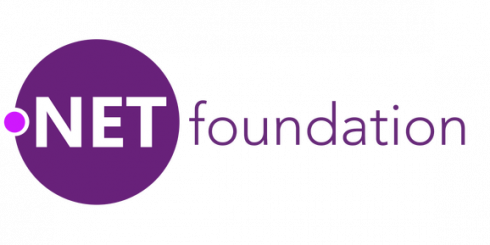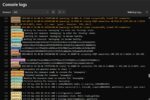
Microsoft has announced it is opening the .NET Foundation to the open-source community. “The .NET Foundation was founded in 2014 to foster .NET open source development and collaboration. We’re thrilled to have been a part of some amazing growth and momentum since then! On the platform projects alone, 87% of the people who contribute to the .NET platform don’t work at Microsoft and have made over 61,000 code contributions. With this incredible growth, it’s time to take the .NET Foundation to the next level,” the company wrote in a post.
As a result, Microsoft will be expanding the board from three to seven members and expanding the technical steering group to a corporate sponsor program. As part of this announcement, Red Hat, JetBrains, Google, Unity, Microsoft and Samsung have joined the program.
Hyperledger Ursa accepted by Hyperledger TSC
The open-source collaborative effort for blockchain technologies, Hyperledger, has announced it has accepted Hyperledger Ursa into its projects. Ursa is a cryptography library intended for, but not limited to, Hyperledger projects.
“Ursa’s objective is to make it much safer and easier for our distributed ledger projects to use existing, time tested, and trusted cryptographic libraries but also new cryptographic library implementations being developed,” the team wrote in a post.
Google updates Android Developer Fundamentals
Google is updating its fundamental courses as a service of codelabs. Codelabs are short tutorials that walk users through specific tasks. As part of the update, Google has updated the Android Developer Fundamentals course and Advanced Android course.
In addition, if any users or teachers want to use the course inside a classroom setting or a study session, Google provides slide decks, source code, concept guides and step-by-step codelabs.
HackerOne partners with cybersecurity training company HackEDU
HackerOne and HackEDU are teaming up to provide hackers with new training materials and web hacking courses. As part of the partnership, HackerOne is expanding its online hacking training program Hacker 101 to provide sandboxed training environments modeled after real-world vulnerability reports, the company explained.
The first five sandboxes will feature: clickjacking, XXE, remote code execution, SQL injection and XSS attacks.
“Hacking is a highly sought after skill, but it is not always clear how to get started or advance to the next level. This is why we started Hacker101,” said Cody Brocious, HackerOne security researcher and head of Hacker Education. “Now with HackEDU’s sandboxes and interactive lessons, hackers can test their skills like never before. With simulated real-world bugs — originally discovered by top bug hunters in the community — you will learn something new with these latest sandboxes, no matter your skill level.”






